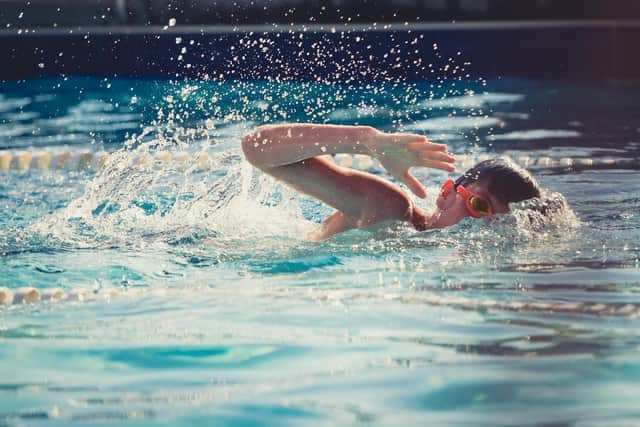CHILDLINE ADVICE: Helping to keep children safe when they are playing sport


Our Childline counsellors know how important sport is, and how much children can enjoy taking part in games and play. But sadly, we also know that some young people’s experiences with youth sport can be very different.
As part of this week’s campaign, the NSPCC has released new YouGov polling which found almost a fifth of parents weren’t confident they could spot the signs in their child that they were suffering abuse at their sports club. The poll also found that one in 10 weren’t confident they’d know how to raise any concerns with the club. The campaign aims to help give parents the confidence to raise safeguarding concerns, spot signs of potential abuse and keep children safer in sport.
Advertisement
Hide AdAdvertisement
Hide AdThere are simple tips to ensure parents know the right safeguarding questions to ask, and the right way to raise any concerns they might have.
While we hear from children about their concerns in sport, our colleagues at the NSPCC Helpline revealed this week that calls to them from adults concerned about a child in a sporting environment have almost doubled over the last five years.
Our NSPCC Helpline is available to any adult with queries or fears about safeguarding, and they often hear from adults who suffered abuse when they were younger.
One adult told us they developed an eating disorder after becoming “obsessed with diets”, when the gymnastics club they attended as a child began weighing members twice a week, with coaches humiliating and shouting at children whose weights were above their targets.
Advertisement
Hide AdAdvertisement
Hide AdIt’s vital that parents and carers know how to access safeguarding information for their child’s club, can identify signs of abuse, and have the confidence to speak out about any concerns.
But it’s also important that children know how to raise worries or concerns, either to their parents, trusted adults, or to our counsellors.
To find out more about the campaign or to access the parent and carer resources, go to www.nspcc.org.uk/safeinsport